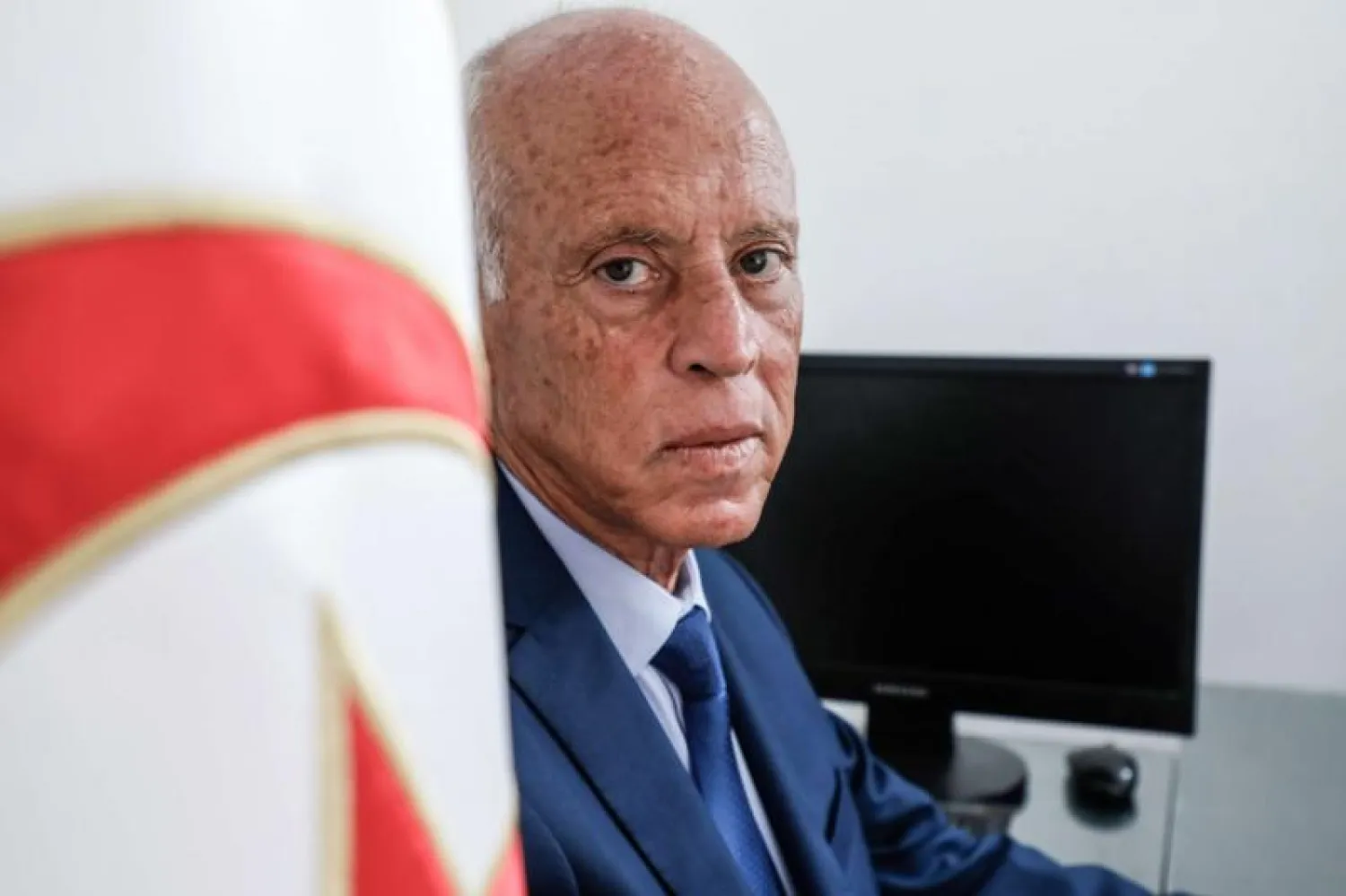Tunisian MP of National Bloc Ayachi Zammel called on President Kais Saied and Speaker Rached Ghannouchi to make concessions to overcome the political crisis in the country.
Zammel urged the president to immediately launch a national political dialogue to discuss a new constitution or amend the current one and revise the electoral law.
He also asked Ghannouchi to step down for the best interest of Tunisia, saying it will serve his long political career, and save the country.
Meanwhile, the president of the Republican People's Union Party, Lotfi al-Maraih asserted the need for calm at the level of the three presidencies, warning that the situation cannot remain as such with a government that lacks a courageous vision to solve the social, economic, and health crisis.
Maraih indicated that the president is required to amend his positions, saying he should not take sides in his capacity as a party that unites all Tunisians.
The political parties are not aware of the seriousness of the current situation in Tunisia, according to Maraih.
Furthermore, the Head of Ennahda Shura Council, Abdelkarim Harouni, attacked the president, describing him as a “dictator in the making,” with the support of the parliament’s minority and foreign forces.
Harouni asserted that Ennahda defends the head of state, adding that the movement is not afraid of the president, but fears for him.
Earlier, the president refused to receive the new ministers for constitutional oath following the ministerial reshuffle made by Prime Minister Hichem Mechichi.
Harouni criticized Mechichi for not activating the ministerial reshuffle, which included the 11 ministers.
Mechichi is required to act upon his constitutional capacity and complete the remaining steps leading to the approval of ministers.









